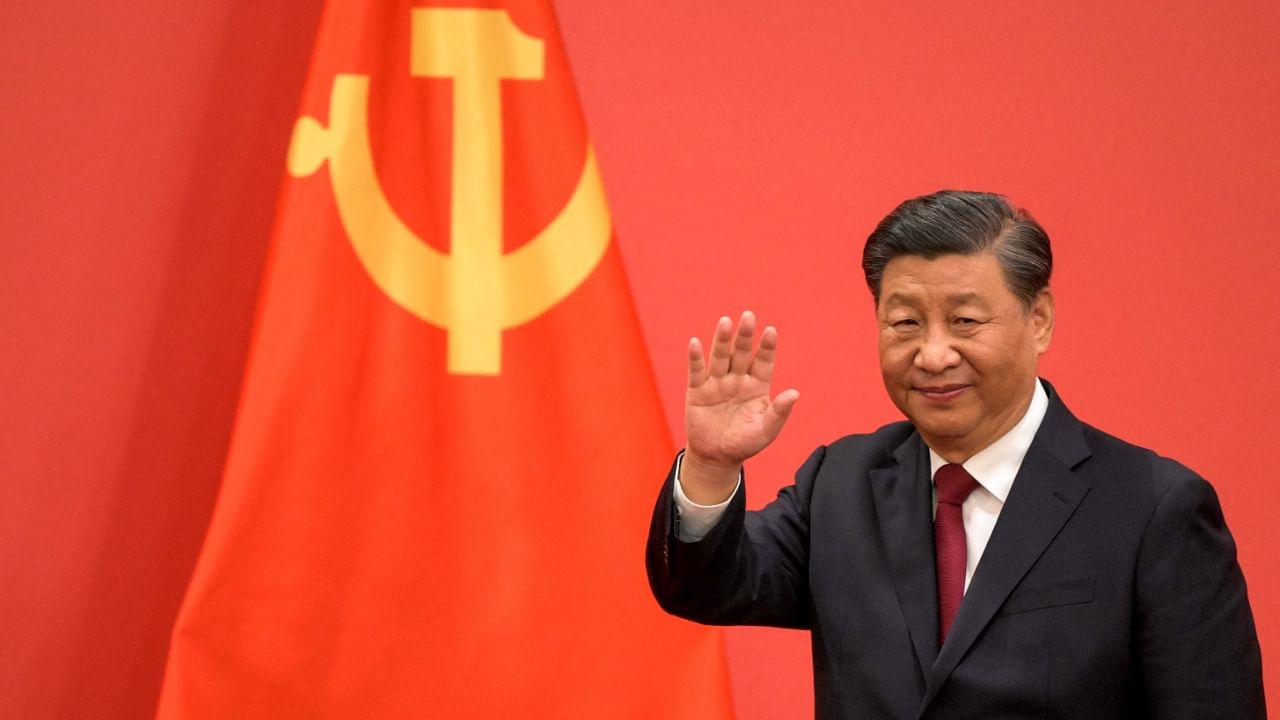
Top American lawmakers have described China as an "existential" threat to the US during a first hearing on China by the Republican-majority House of Representatives.
They also called for an all-out effort within the country and in coordination with its allies to successfully address the challenge posed by the Communist Party-led China.
The US has routinely and historically described Chinese behaviour as aggressive.
The name of the newly-constituted committee is House Select Committee on the Chinese Communist Party (CCP).
“This is not a polite tennis match. This is an existential struggle over what life will look like in the 21st century — and the most fundamental freedoms are at stake," Congressman Mike Gallagher, Chairman of the House Select Committee on the Chinese Communist Party (CCP), told his fellow Congressional colleagues in his opening remarks on Tuesday.
“We must act with a sense of urgency. Our policy over the next ten years will set the stage for the next hundred," Gallagher, a former Marine and intelligence official said. Ranking Member, Congressman Raja Krishnamoorthi, an Indian American, joined him in underscoring the threat posed by China.
Over the last three decades, both Democrats and Republicans underestimated the CCP and assumed that trade and investment would inevitably lead to democracy and greater security in the Indo-Pacific region, including in the PRC. Instead, the opposite happened, he said.
“As China’s economy has grown more than tenfold since gaining access to US and world markets, the CCP has among other things: Strengthened its authoritarian control at home, including engaging in the genocide of the Uyghur people. The CCP has funded a massive military build-up, threatening its neighbours including Taiwan, And it has pursued economic and trade policies that flat-out undermine the US economy,” he said.
Krishnamoorthi said the US must continue to invest in high technology sectors of the future and boost US manufacturing. It must deter aggression by the CCP.
“We do not want a war with the PRC, not a cold war, not a hot war, we don’t want a “clash of civilisations.” But, we seek a durable peace. And that is why we have to deter aggression,” he asserted.
The US, he said, must strengthen our global partnerships and coalitions, not only to counter the CCP’s security challenges but also to address its anti-competitive economic policies.
The rise of the Chinese Communist Party’s malign influence has harmed Americans. Its state-sponsored espionage efforts have stolen American intellectual property and its unfair trade tactics have driven American industries out of business, said Congresswoman Claudia Tenney.
Additionally, China is now leveraging its economic influence to spread its dangerous, anti-freedom techno-authoritarian model abroad, she said.
Congressman Ro Khanna started his remarks in the first China Select Committee hearing with a word about the protesters.
“It takes guts to come into the halls of power with a dissenting view. When we listen to dissent, we show exactly what makes America different from the Chinese Communist Party,” he said. The hearing was briefly disrupted by protestors.
Matthew Pottinger, former US deputy national security advisor, and HR McMaster, former US national security advisor testified before the committee along with Tong Yi, Chinese human rights advocate and Scott Paul, president of the Alliance for American Manufacturing.
During the past several years, the US-China relationship has reached its lowest point in decades.
Relations between the two countries nosedived after the coronavirus outbreak in 2019, which originated in the central Chinese city of Wuhan, and spread to other parts of the world.
Recently, the US shot down a suspected spy balloon over its airspace - which China said was one of its weather balloons gone astray. Relations between the two countries have since deteriorated. In recent days, the US has also shot down a number of other unidentified objects.
Former President Donald Trump launched a trade war with China in 2018, demanding Beijing reduce a massive trade deficit of over $539 billion.